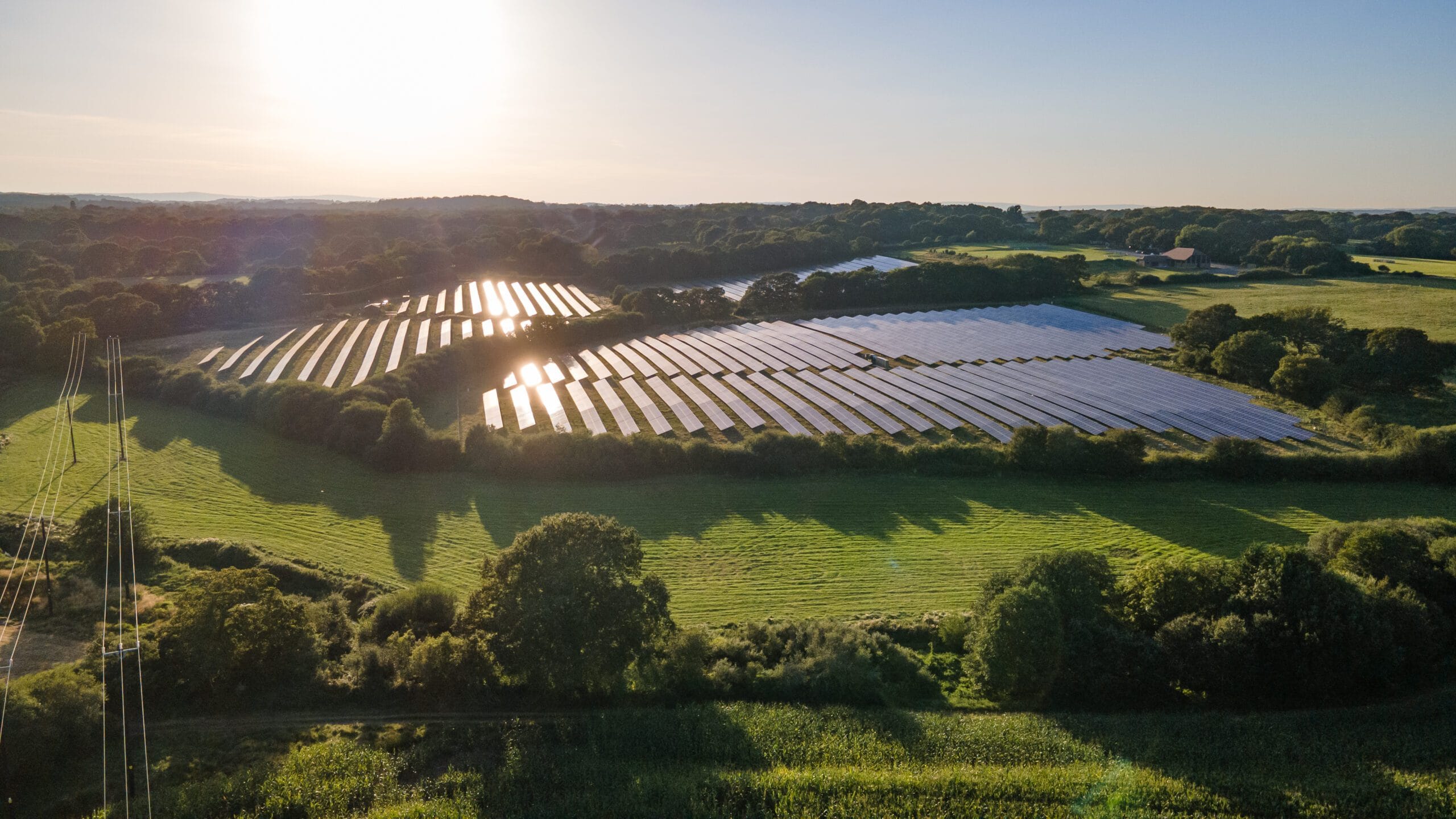What does rural sustainability really mean?
Defining sustainability for a rural location can lead to conflicting interpretations. In such debates, test cases can help shine a light to steer a proposal towards consensus. In the following project, Motion gave prominence to previous sustainable travel measures and drew attention to appeal outcomes for similar schemes, allaying concerns that a development would be inappropriate.
Ashurst Homes Limited planned to convert existing commercial and agricultural buildings to six houses in Hunton, Kent using permitted development rights. However, the local authority threatened enforcement action, considering the works constituted more than a conversion. This resulted in work on site being paused while a full planning application was prepared and submitted for development.

Trip assessments revealed there would be no significant increase in traffic flows as a result of the new houses. Motion Technical Director, David McMurtary, argues, “Despite its remote location, the new scheme would not be solely reliant upon the private motorcar.” Mitigation design measures included electric car charging points, cycle parking and bicycle vouchers.
Squires Planning Director, Andrew Metcalfe, coordinated the planning application. He comments, “Prior to our involvement, the site had a long history of proposals being refused and dismissed at appeal, partly due to the location. The latest application received unanimous backing by the planning authority and we’re delighted to report our client can now proceed with completion of the development.”
This article first appeared in the Summer 2022 edition of Insight



